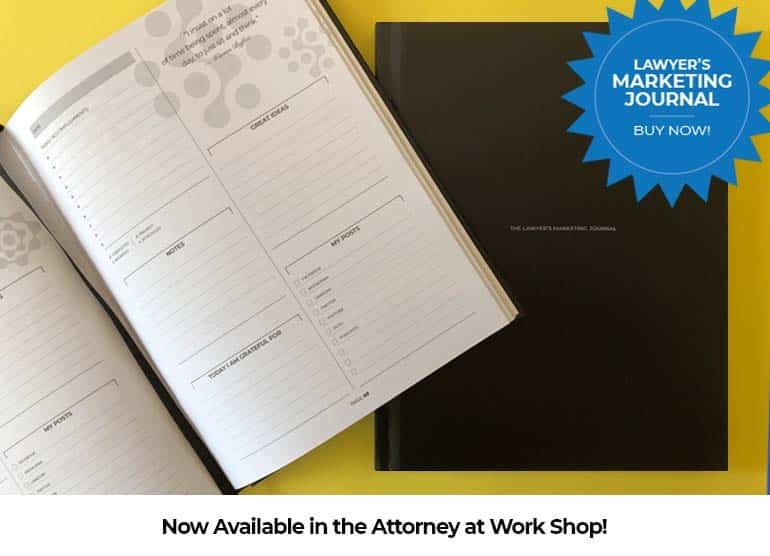It’s grammar quiz time again! Test your grammar skills on these eight sentences.

GRAMMAR QUIZ
Grammar is important for precise legal communication. See if you can find anything wrong with these sentences.
1. The closing argument was fulsome; the attorney discussed every issue.
2. The pending action was muted by the claimant’s death.
3. This demand letter is much adieu about nothing.
4. The verbiage in his brief was excellent.
5. Asked and answered! The deponent has responded to the question 110%.
6. Civilian dependents of service members and civilian employees of the military
are not subject to court martials.
7. The doctor called in a nurse before asking the patient to lie down on the examining table..
8. This car is perfect for you and I. Let’s buy it.
QUIZ ANSWERS:
1. The closing argument was fulsome; the attorney discussed every issue.
If the argument was fulsome, that lawyer has a real problem. Fulsome means offensively excessive, disgusting, sickening, repulsive. Some users think it means complete. Those users are wrong.
2. The pending action was muted by the claimant’s death.
Maybe that dead guy can’t talk anymore, but the action was mooted, made irrelevant, not made quiet.
3. This demand letter is much adieu about nothing.
Bye-bye Felicia. You might want to say adieu, the French word for a final goodbye to a ridiculous demand. But the title of Shakespeare’s comedy and the phrase you are looking for is “much ado about nothing.”

4. The verbiage in his brief was excellent.
What’s excellent here? It’s an excellent example of an oxymoron. Verbiage refers to unnecessary words. It makes your brief boring, not excellent and not effective.
5. Asked and answered! The deponent has responded to the question 110%.
Did the deponent repeat 10% of his words? No? Then the number the speaker is looking for is 100%. Referring to something complete as more than 100% isn’t a good way to sound emphatic. It sounds like you missed grammar school math.
6. Civilian dependents of service members and civilian employees of the military are not subject to court martials.
It’s kind of weird, but the plural of court martial is courts martial. Martial is the adjective; it’s a military or martial type of court. Court is the noun and that’s the thing there are more than one of. Unusual plurals occur as a result of English speakers adopting a phrase from another language.
7. The doctor called in a nurse before asking the patient to lie down on the examining table.
Hurray! This sentence is perfect. Were you tempted to substitute “lay” for “lie”? Health professionals get this wrong all the time. When my doctor got it right recently, I was tempted to congratulate him. Here’s the wonky stuff: present tense “lay” requires a direct object. Present tense “lie,” like the cheese in the nursery rhyme, stands alone. Paul Simon accurately sang, “I will lay me down.” He could also lie down like a bridge over troubled waters, but that would spoil the tempo. He wouldn’t lie himself down. People get confused because the past tense of “lie,” meaning to become prone or supine, is “lay.” Of course, the past tense of “lie,” meaning to tell a falsehood, is “lied.”
8. This car is perfect for you and I. Let’s buy it.
The car is perfect; the grammar is not. Prepositions like “for,” “at,” “under,” “before” or “between” usually appear in prepositional phrases that show a relationship with the object or objects of the preposition. (That’s different from the direct object of a verb.) Objects of prepositions, unsurprisingly, should be in the objective case. Here, that would be, “This car is perfect for you and me.”
Don’t feel bad if your head is spinning. Even Prince Harry gets it wrong. At 20:00 in this video, he talks about “the distance between my brother and I.” If this guy can’t speak the King’s English, is it any wonder the rest of us struggle?
How Did You Do?
Only one of the quiz sentences was correct. If you are ready for more, test your grammar skills on 10 more sentences — and keep reading Get To The Point for more help perfecting your speech and written communication.

More Writing Tips
Find more good ideas for improving your legal writing and communications skills in “Get to the Point” by Teddy Snyder.
Subscribe to Attorney at Work
Get really good ideas every day for your law practice: Subscribe to the Daily Dispatch (it’s free).

Lawyer’s Marketing Journal
Teddy Snyder, author of Women Rainmaker’s Best Marketing Tips, has designed a journal that is ideal for tracking marketing and BD activities, ideas and inspiration. Undated pages give you the flexibility to start today.
















